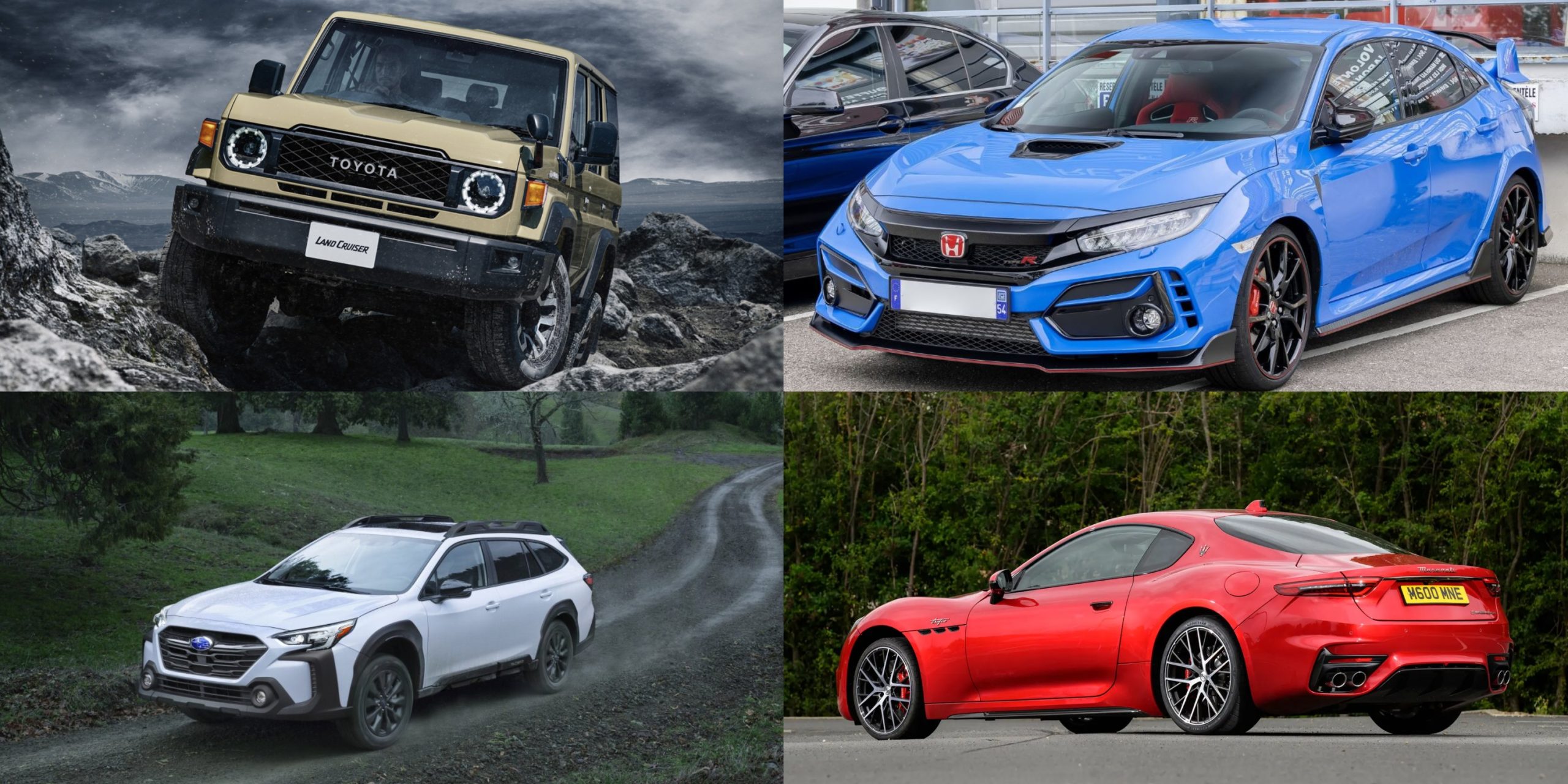In the automotive industry, brand reputation is built on the delicate balance between marketing promises and actual performance. Consumers invest not only their money but also their trust in brands that claim to offer reliability, innovation, and value.
However, the reality often diverges from expectations. Some manufacturers consistently deliver on their promises, earning loyalty and praise, while others fall short, leading to disappointment and skepticism.
This article takes a look at five car brands that have consistently met or exceeded consumer expectations, earning their place as reliable choices in the market.
Conversely, we will examine five brands whose vehicles often fail to live up to the hype, highlighting the gap between marketing and reality. Through this analysis, we aim to provide a clearer picture for potential buyers, helping them explore the complex space of automotive choices.
Also Read: 10 Best Affordable Home Charging Stations for EV Owners
5 Brands That Deliver on Their Promises

Toyota
Toyota has long been synonymous with reliability and longevity. Models like the Corolla and Camry are renowned for their durability, often surpassing 300,000 kilometers with minimal issues.
This reputation is not merely anecdotal; studies consistently place Toyota at the top in terms of dependability. For instance, the Toyota Corolla has been recognized for its low maintenance costs and high resale value, making it a favorite among budget-conscious consumers.
Beyond mechanical reliability, Toyota has embraced technological advancements without compromising on quality. The introduction of hybrid models like the Prius demonstrated the brand’s commitment to innovation, offering fuel efficiency and eco-friendliness without sacrificing performance.
Moreover, Toyota’s extensive service network ensures that maintenance and repairs are accessible and affordable, further cementing its status as a trustworthy brand.
In recent years, Toyota has also ventured into the electric vehicle (EV) market with models like the bZ4X, aiming to provide sustainable transportation options. While still in the early stages, the brand’s approach to EVs reflects its methodical and consumer-focused strategy, ensuring that new technologies are integrated seamlessly into its lineup.
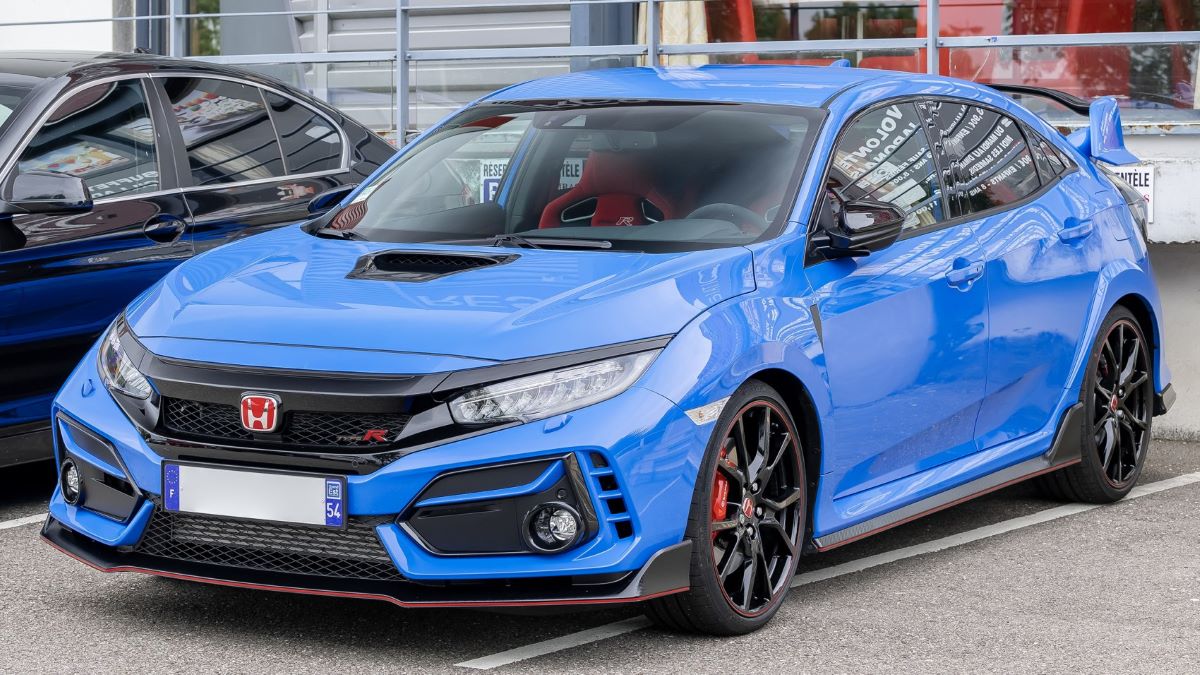
Honda
Honda’s reputation for producing vehicles that offer a harmonious blend of performance, comfort, and value is well-earned. The Civic and Accord models have been staples in the automotive market, praised for their efficient engines, spacious interiors, and engaging driving experiences.
These vehicles often feature advanced safety technologies and user-friendly infotainment systems, appealing to a broad range of consumers.
The brand’s commitment to quality is evident in its manufacturing processes, which emphasize precision and attention to detail. This dedication results in vehicles that not only perform well but also maintain their value over time. Honda’s approach to design and engineering ensures that each model meets high standards, providing consumers with reliable and enjoyable driving experiences.
Additionally, Honda’s focus on sustainability is reflected in its development of hybrid and electric vehicles. Models like the Clarity and Insight showcase the brand’s ability to adapt to changing market demands while maintaining its core values of reliability and efficiency.
Honda’s continued investment in green technologies underscores its commitment to offering environmentally friendly options without compromising on performance.
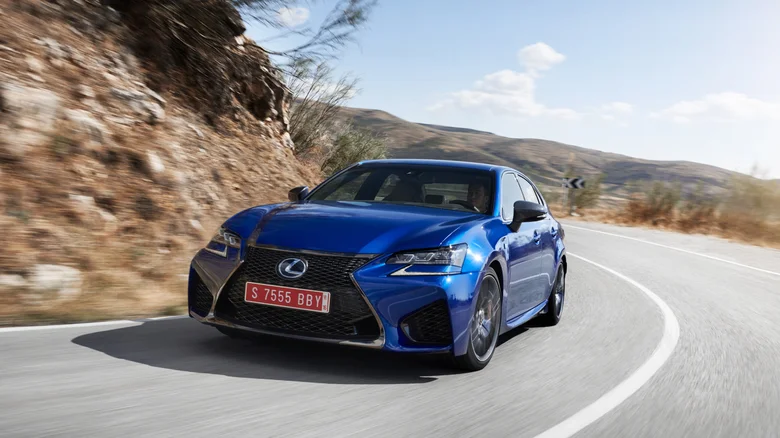
Lexus
As Toyota’s luxury division, Lexus inherits the parent company’s reputation for reliability and extends it into the luxury segment. Vehicles like the RX and ES offer premium features, refined interiors, and smooth rides, all while maintaining the durability Toyota is known for.
Lexus models often receive high marks in customer satisfaction surveys, reflecting the brand’s success in meeting the expectations of luxury car buyers.
The brand’s commitment to quality is further demonstrated through its meticulous attention to detail in design and craftsmanship. Lexus interiors are known for their use of high-quality materials and ergonomic layouts, creating an environment that prioritizes comfort and convenience.
Additionally, Lexus vehicles are equipped with advanced safety features, ensuring that drivers and passengers are well-protected on the road.
Lexus’s approach to innovation is also noteworthy, with the brand integrating cutting-edge technology into its vehicles without compromising on traditional values.
The introduction of hybrid models like the RX 450h and the development of electric vehicles such as the UX 300e highlight Lexus’s dedication to sustainability and forward-thinking design. By balancing luxury with reliability and innovation, Lexus continues to set a high standard in the automotive industry.
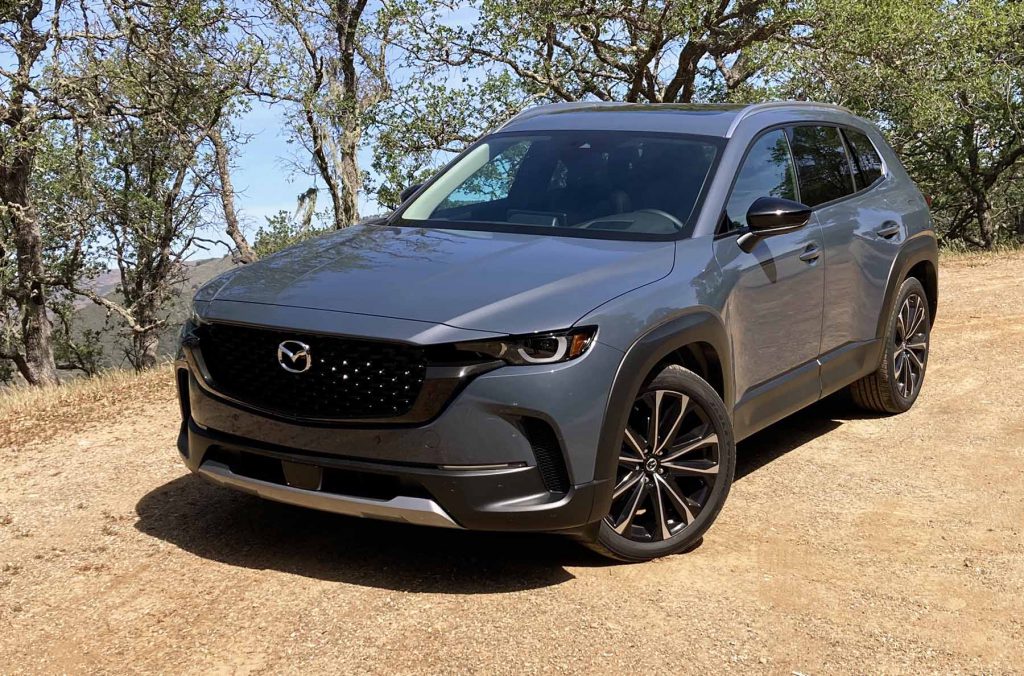
Mazda
Mazda has carved out a niche for itself by producing vehicles that are both fun to drive and fuel-efficient. The Mazda3 and CX-5 exemplify the brand’s philosophy of “Jinba Ittai,” which translates to the unity between horse and rider, symbolizing the connection between car and driver.
These models offer responsive handling, stylish designs, and impressive fuel economy, appealing to those who seek an engaging driving experience without sacrificing practicality.
The brand’s commitment to efficiency extends beyond fuel economy, encompassing the development of lightweight vehicles and the implementation of Skyactiv technology.
This approach enhances performance while reducing emissions, aligning with global trends towards sustainability. Mazda’s dedication to innovation is also evident in its exploration of alternative powertrains, such as the development of hydrogen-powered vehicles, showcasing the brand’s forward-thinking approach to the automotive industry.
Mazda’s focus on quality and customer satisfaction is reflected in its strong resale values and high owner retention rates. The brand’s ability to blend performance, efficiency, and reliability has garnered a loyal customer base, solidifying its reputation as a manufacturer that delivers on its promises.
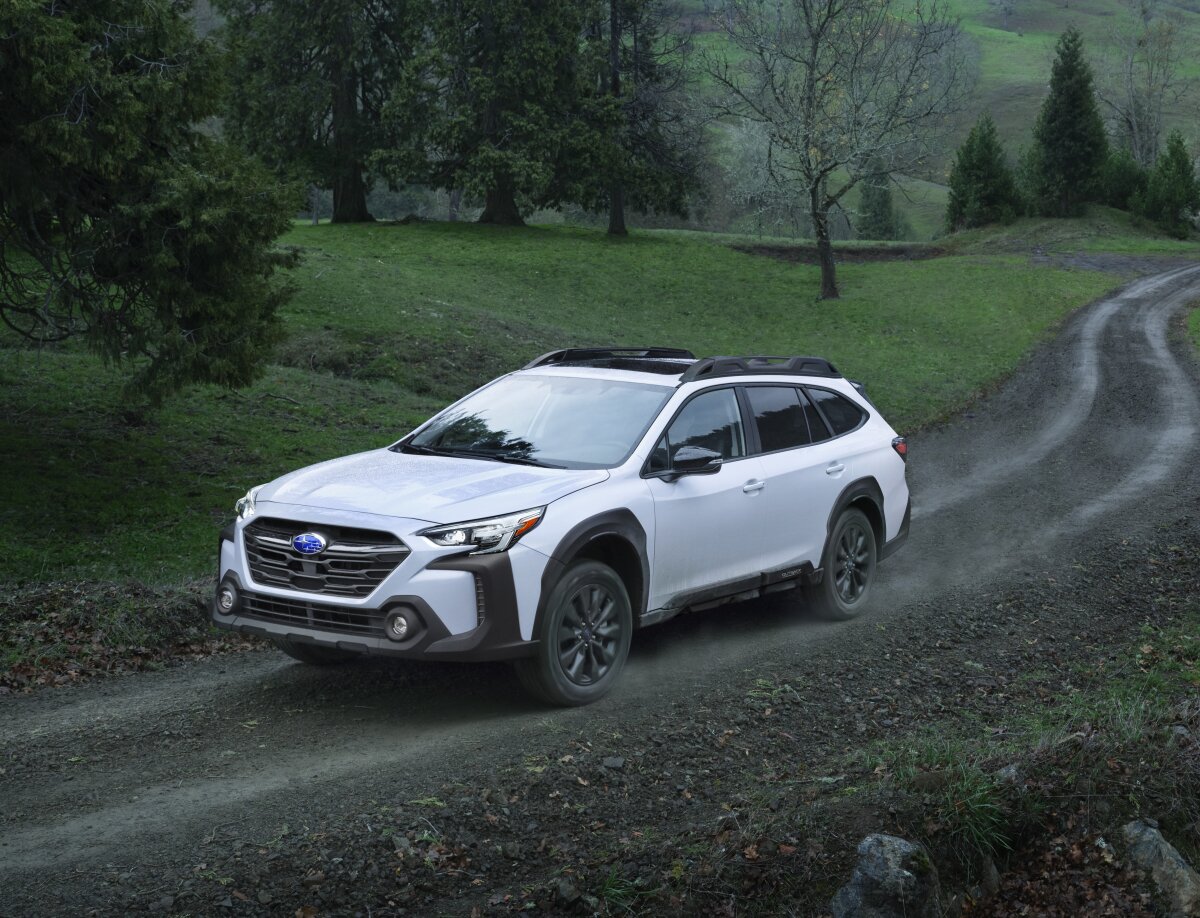
Subaru
Subaru has built its brand around the principles of safety, versatility, and all-weather capability. Models like the Outback and Forester are equipped with standard all-wheel drive and advanced safety features, making them ideal choices for families and outdoor enthusiasts.
Subaru’s commitment to safety is evident in its consistent performance in crash tests and the inclusion of features like EyeSight Driver Assist Technology.
The brand’s focus on versatility is reflected in its vehicle designs, which prioritize spacious interiors and practical layouts. Subaru’s vehicles are known for their ability to handle a variety of driving conditions, from urban environments to rugged terrains, providing drivers with confidence and peace of mind.
Additionally, Subaru’s commitment to sustainability is demonstrated through its efforts to reduce the environmental impact of its manufacturing processes and the development of eco-friendly vehicles.
Subaru’s strong community involvement and customer loyalty further enhance its reputation. The brand’s dedication to producing vehicles that meet the diverse needs of its customers has fostered a sense of trust and appreciation, ensuring that Subaru remains a top choice for those seeking safety and versatility in their vehicles.
5 Brands That Overhype Their Cars
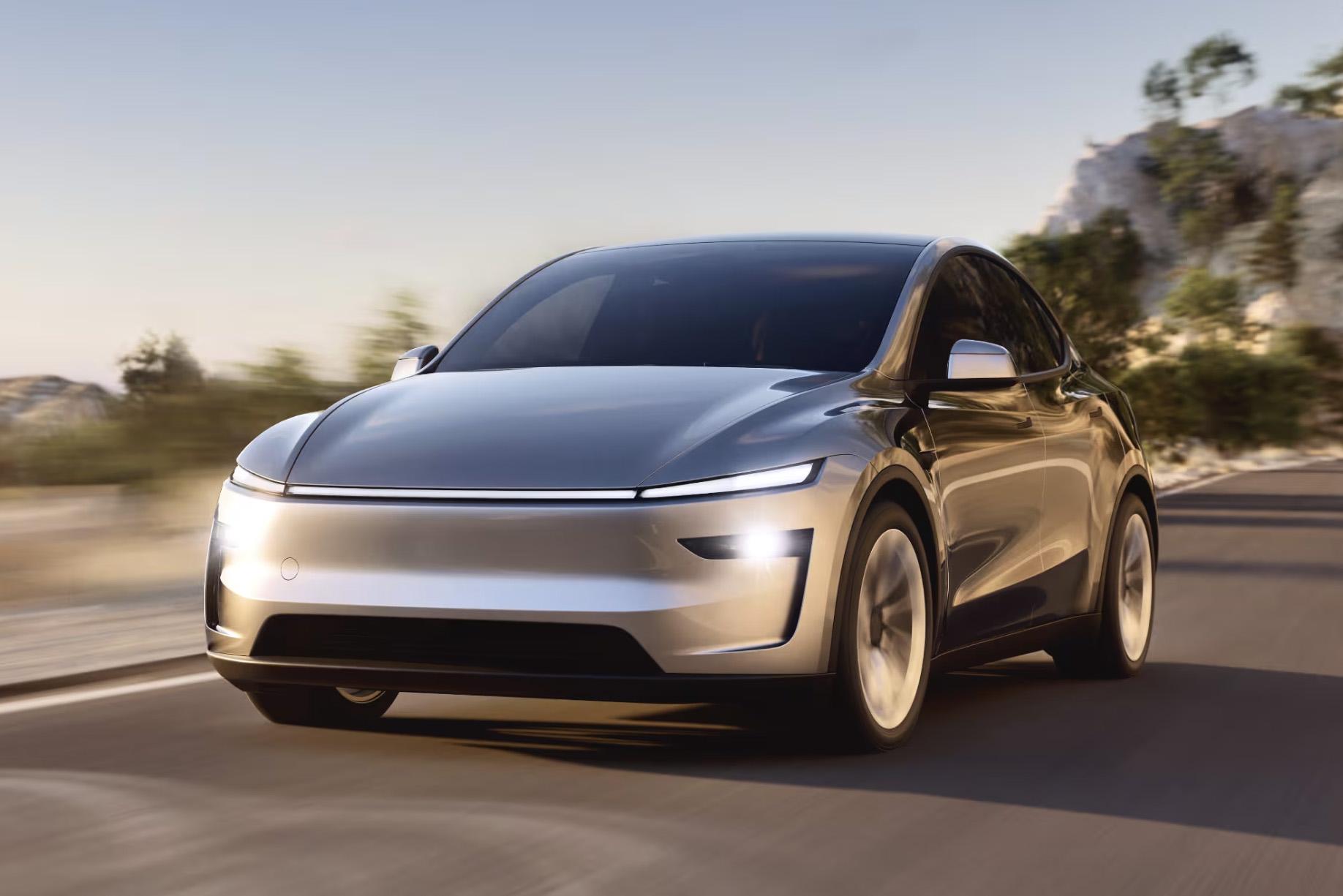
Tesla
Tesla has revolutionized the automotive industry with its electric vehicles, offering impressive acceleration, long-range capabilities, and a robust Supercharger network.
However, the brand’s rapid growth has been accompanied by challenges related to build quality, software reliability, and customer service. Issues such as inconsistent panel gaps, delayed software updates, and limited service center availability have led to concerns among consumers.
While Tesla’s vehicles offer cutting-edge technology, the brand’s approach to innovation sometimes prioritizes speed over thorough testing. This has resulted in recalls and software glitches that affect the user experience. Additionally, the brand’s direct-sales model and reliance on over-the-air updates have raised questions about transparency and accountability.
Despite these challenges, Tesla continues to enjoy a loyal fan base, partly due to its strong branding and charismatic CEO, Elon Musk. The company’s marketing strategy heavily relies on aspirational messaging, presenting Tesla as not just a car but a lifestyle choice and a glimpse into the future.
However, for everyday consumers, this can result in a mismatch between expectations and reality. Many buyers anticipate a flawless, luxury-level experience, but are instead met with inconsistent quality and a sometimes frustrating ownership experience. The hype surrounding Tesla often overshadows these shortcomings, leading some to feel let down once the novelty wears off.
Moreover, Tesla’s Autopilot and Full Self-Driving (FSD) features have been heavily promoted, yet they remain in beta stages with limited real-world capability.
Regulatory scrutiny and safety incidents have further complicated the brand’s narrative, suggesting that the future promised by Tesla is still a work in progress. While Tesla remains a pioneer in the EV space, its marketing often outpaces its current capabilities, making it a prime example of overhype.
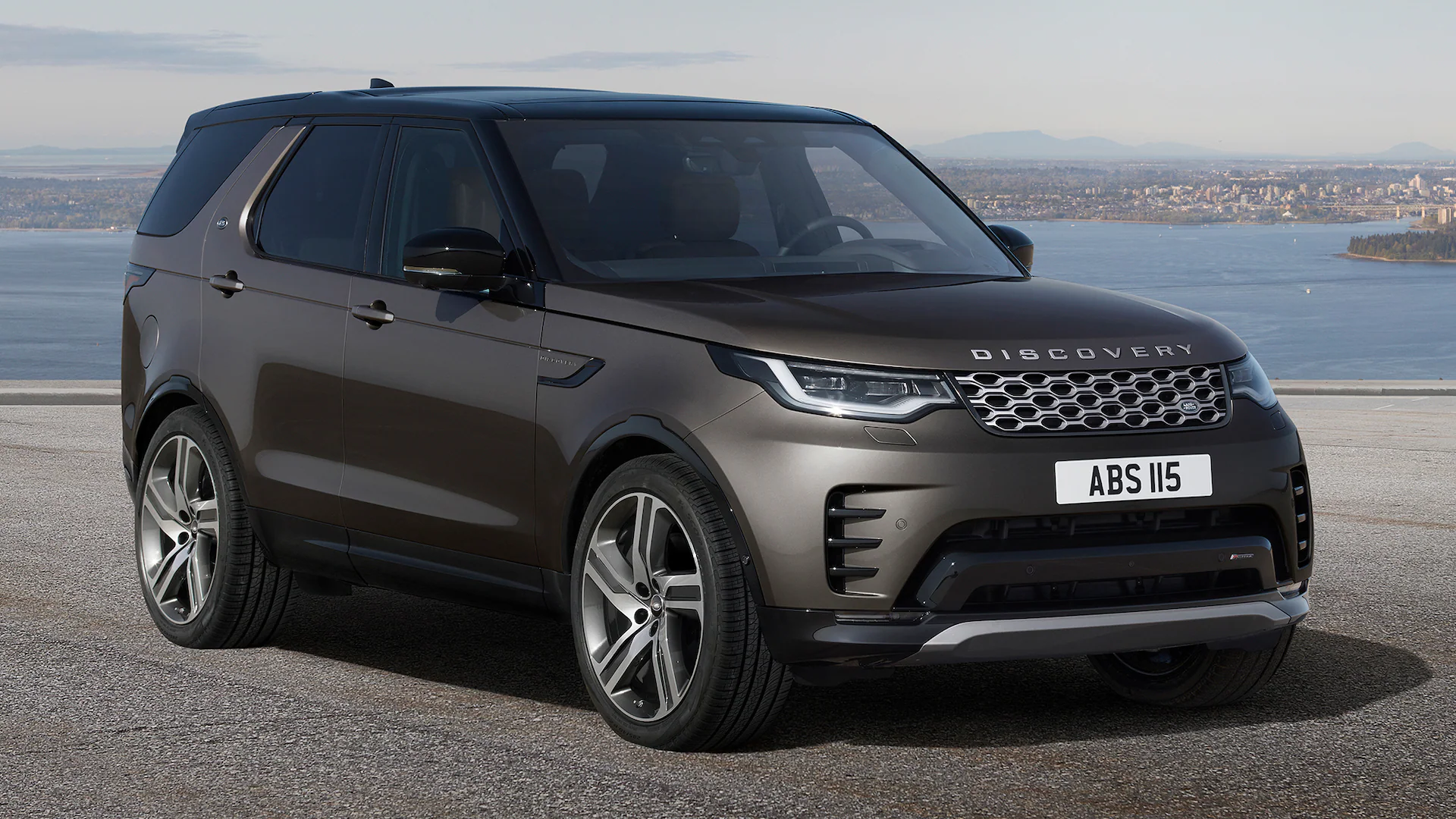
Land Rover
Land Rover markets itself as the blend of luxury and off-road capability. With a rich heritage and high-end aesthetic, its vehicles, like the Range Rover and Discovery, are portrayed as equally at home in the wild as they are in affluent urban neighborhoods. While they undeniably offer plush interiors and impressive features, the brand struggles with reliability issues that tarnish its image.
Numerous consumer reports and reliability rankings consistently place Land Rover near the bottom. Owners often report issues with electronics, drivetrain components, and infotainment systems—problems that are particularly disappointing given the premium price tag. The brand’s focus on aesthetics and image sometimes comes at the cost of engineering reliability, leading to frequent and expensive repairs.
Land Rover’s marketing emphasizes adventure, luxury, and durability, but many consumers find that the experience doesn’t match the promise.
While the brand continues to evolve and introduce new technology, it often does so at the expense of dependability. This disconnect between brand promise and ownership reality makes Land Rover one of the more overhyped brands on the market today.
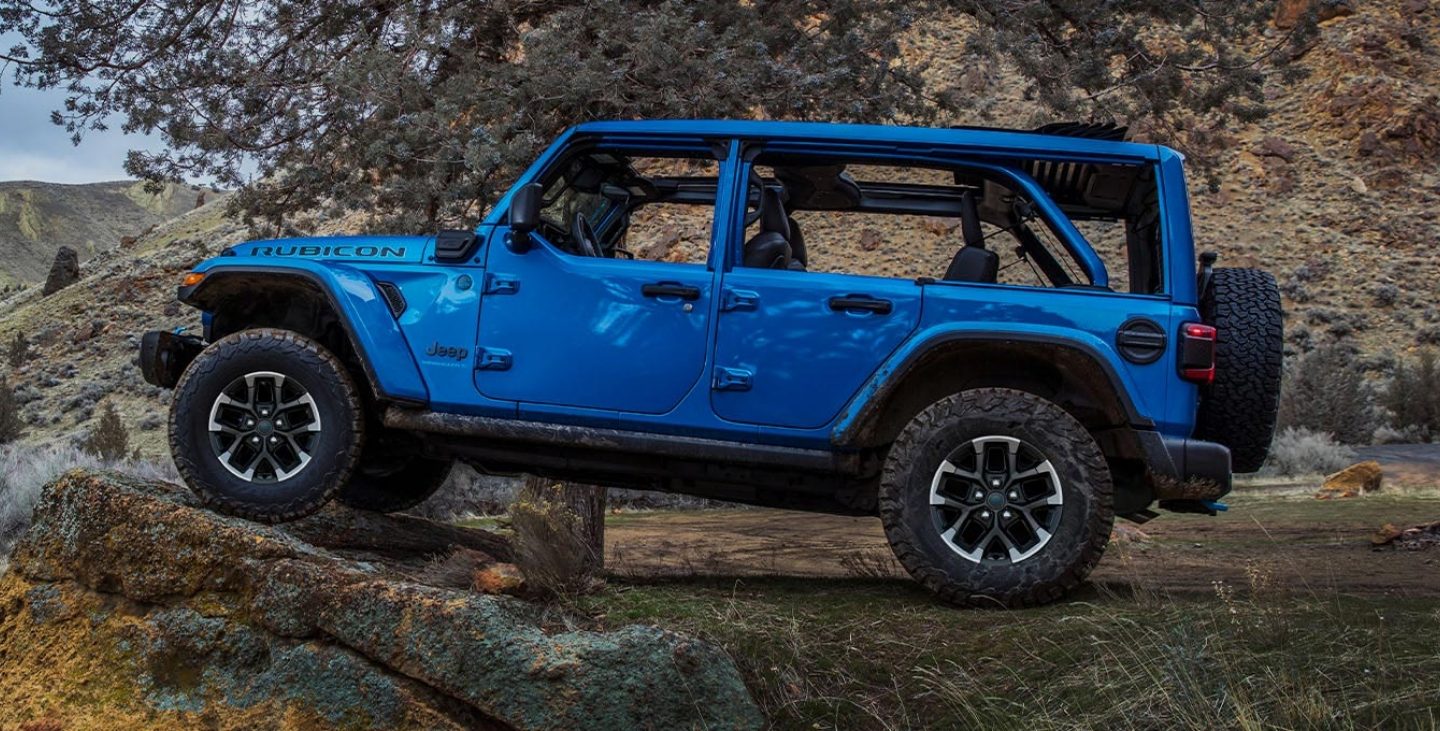
Jeep
Jeep has cultivated a rugged, adventurous identity that appeals to drivers seeking exploration and freedom. Vehicles like the Wrangler and Grand Cherokee are marketed with images of mountains, trails, and untamed places. While Jeep models excel off-road, they often struggle in areas like comfort, fuel efficiency, and long-term reliability.
The Wrangler, for example, is iconic but known for a bumpy ride, wind noise, and subpar fuel economy. Despite these issues, Jeep’s marketing continues to focus on lifestyle imagery, creating high expectations for an all-purpose vehicle.
Many buyers who aren’t dedicated off-roaders find the daily driving experience lacking, especially compared to similarly priced competitors that offer more refinement.
Jeep’s reliability scores have also been inconsistent. Electrical and mechanical issues are common, and the cost of ownership can be high due to frequent repairs and lower resale values. While the brand thrives on image and tradition, the substance often doesn’t match the sizzle. For many, Jeep represents a brand that oversells its rugged appeal at the expense of practicality and dependability.
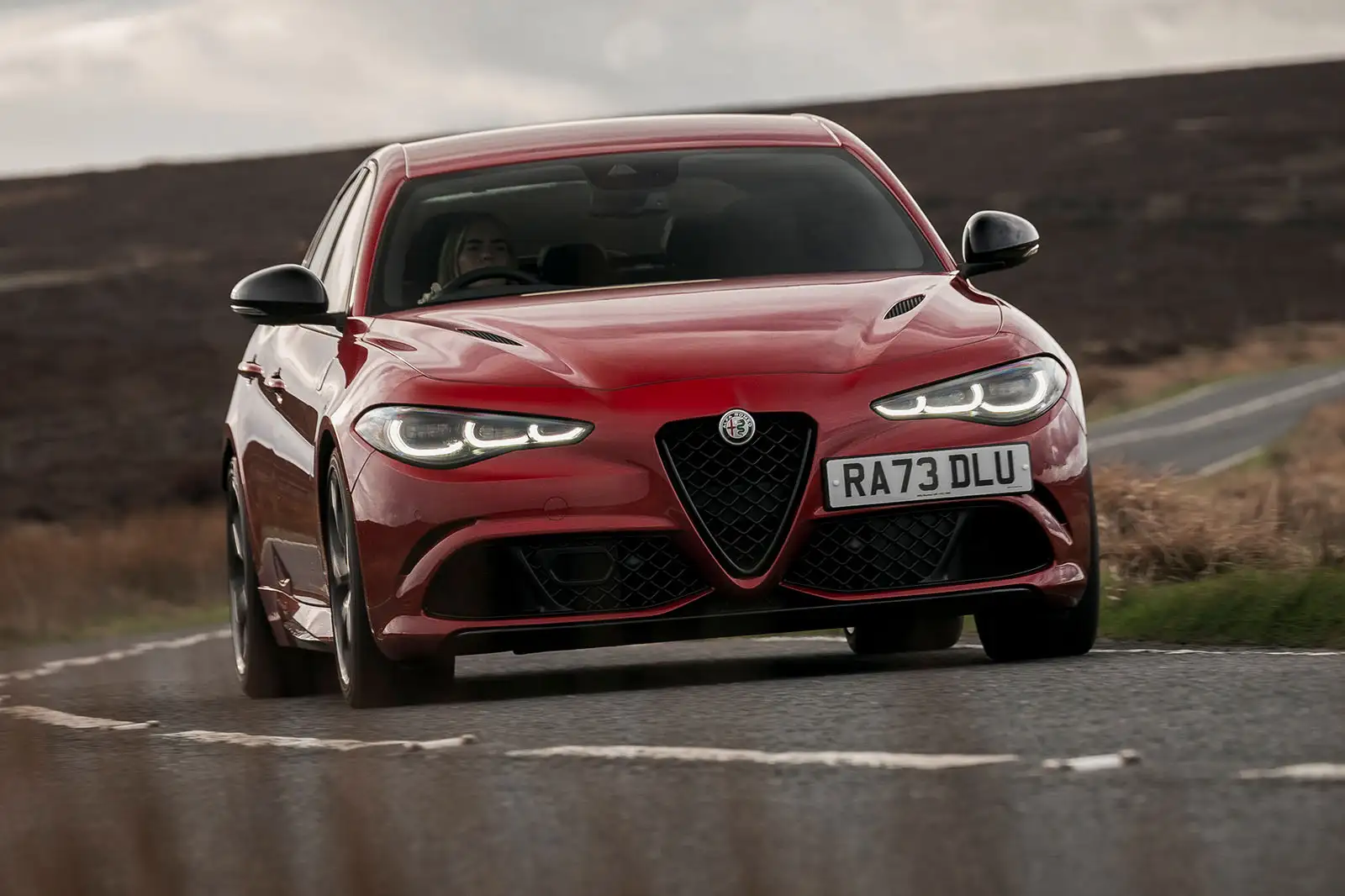
Alfa Romeo
Alfa Romeo has long been known for its Italian flair, producing cars that are undeniably beautiful and exhilarating to drive. The Giulia and Stelvio, for instance, boast sharp handling, aggressive styling, and luxurious interiors. However, beneath the surface, Alfa Romeo vehicles often fail to deliver on the reliability and practicality consumers expect.
The brand’s vehicles have been plagued by electronic glitches, drivetrain issues, and inconsistent build quality. Despite recent efforts to improve, Alfa Romeo still ranks low in dependability studies.
This undermines the driving enjoyment that the brand promises and limits its appeal beyond niche enthusiasts who are willing to overlook flaws in favor of excitement.
Marketing for Alfa Romeo heavily leans into passion, heritage, and performance. While those elements are certainly present, the brand’s inability to back up its claims with consistent reliability and user satisfaction means that the actual ownership experience often falls short. For a brand priced within the luxury segment, this gap between expectation and reality becomes particularly glaring.
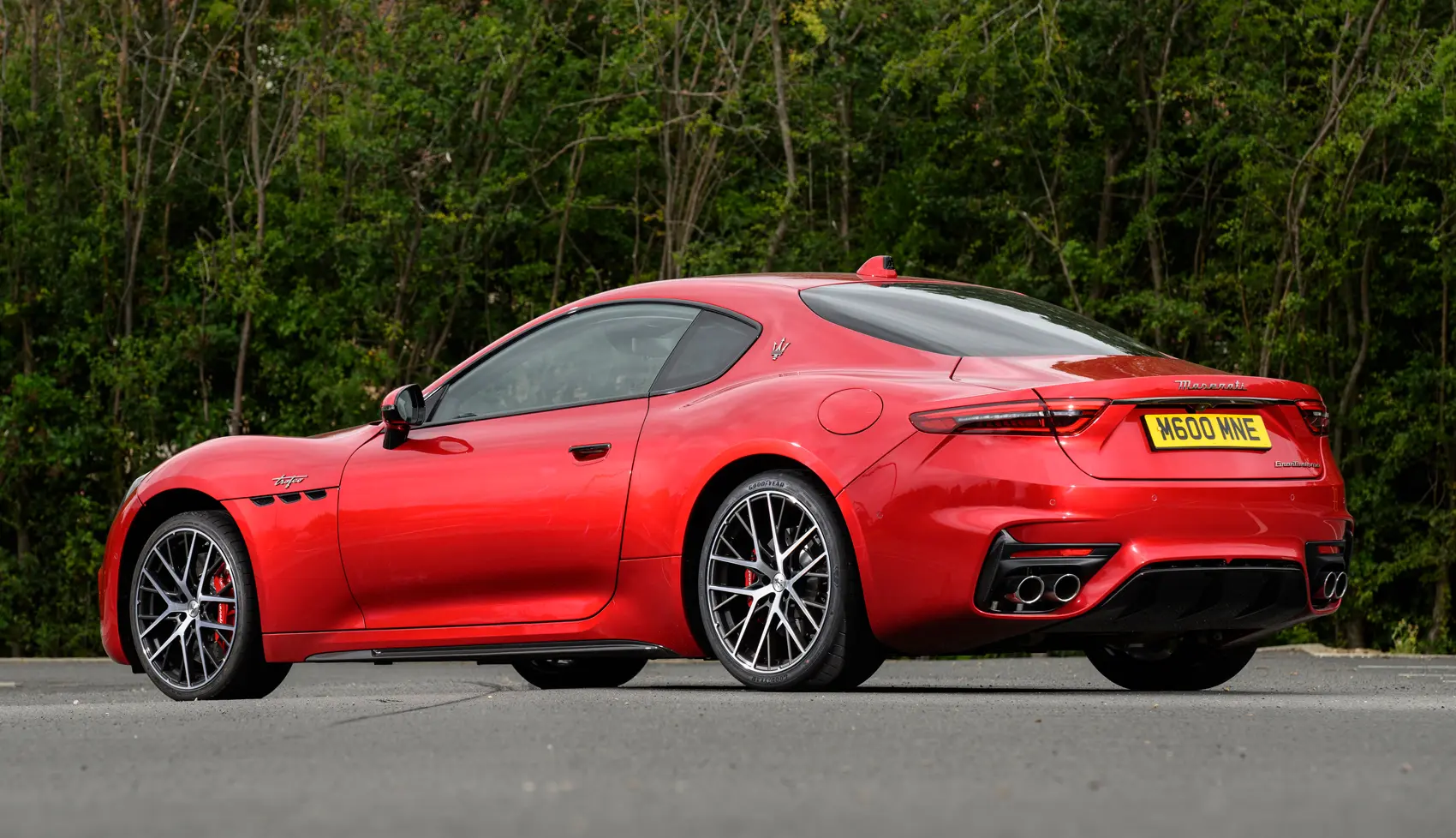
Maserati
Maserati is another brand that trades heavily on its exotic image. Known for producing stylish, high-performance vehicles like the Ghibli and Levante, Maserati positions itself as a more accessible alternative to super-luxury brands like Ferrari or Bentley. However, many consumers find that the glamour doesn’t hold up once the initial excitement fades.
Common complaints include outdated technology, underwhelming interiors compared to competitors, and questionable reliability. Maintenance costs are also notably high, which, combined with depreciation, results in poor value.
Many buyers are lured by the badge and the promise of Italian performance, only to find themselves facing frequent dealership visits and steep repair bills.
The disparity between marketing and ownership experience is significant with Maserati. The brand emphasizes exclusivity and passion but often fails to deliver the polish and performance expected at its price point. In an era where buyers expect both beauty and substance, Maserati continues to lag behind more grounded competitors who offer better-rounded vehicles.
Also Read: 10 Best First Cars for New Drivers and 5 to Avoid
When it comes to buying a car, marketing and brand reputation play a huge role in shaping consumer expectations. Brands like Toyota, Honda, and Lexus have earned their reputations through consistent delivery on performance, reliability, and value. Their promises aren’t just empty slogans—they’re backed by decades of consumer trust and third-party validation.
On the other hand, brands like Tesla, Land Rover, and Maserati often rely on image and innovation to attract attention but struggle with consistency and long-term satisfaction.
While they offer compelling features or performance in specific areas, the experience doesn’t always justify the hype. For many buyers, that leads to disillusionment, especially when the brand’s lofty promises don’t materialize in real-world usage.
Consumers should look past the marketing and consider real-world data, user reviews, and independent testing. A brand that delivers on its promises can offer peace of mind and satisfaction for years, while an overhyped one can lead to regret and unexpected costs. The road to a great vehicle starts with honest research—and perhaps a healthy dose of skepticism.

